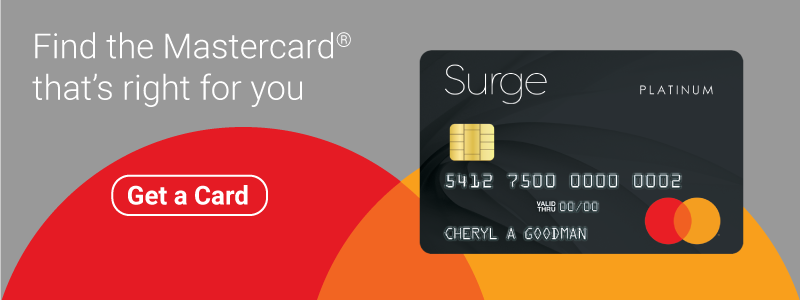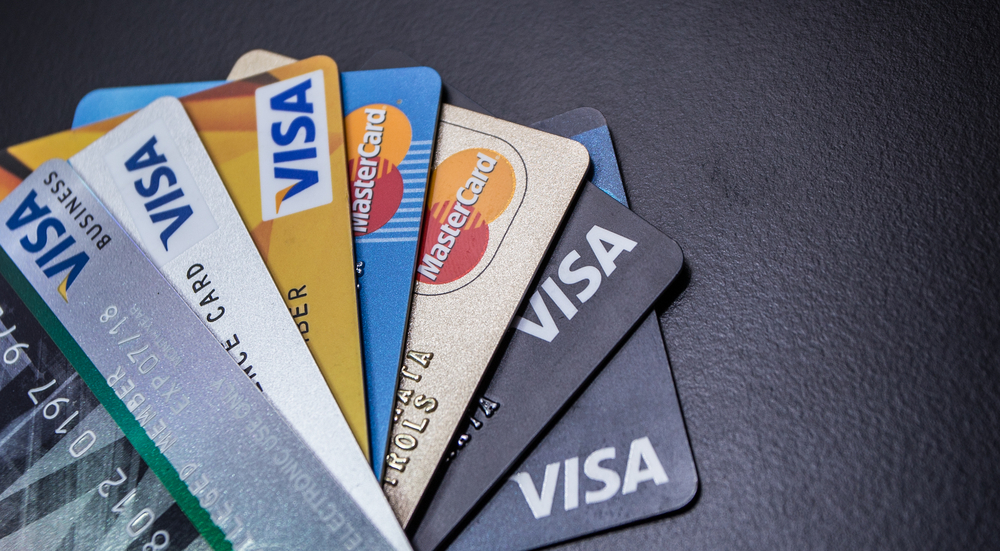Although these two cards are often interchanged, and they are both are credit lines, credit cards and charge cards are not the same. Credit cards are more convenient when it comes to payment terms, since you have the option of settling the balance over several months. Charge cards on the other hand, require you to pay the full balance at the end of each billing cycle.

Credit cards and charge cards are different when it comes to their credit limits. Some charge cards don’t have a preset credit limit, while a credit card’s limit will depend on your credit rating and your monthly income. During times that you need to go beyond your credit limit, some credit cards provide an option to go over your limit, but will come at a cost called an over-the-limit fee.
When it comes to applying for these cards, a charge card will usually require an excellent credit rating from an applicant. Credit cards on the other hand, typically cater to both consumers with excellent credit and those who have a less-than-perfect credit rating.
The availability of charge cards and credit cards is also very different. Credit cards are offered by most banks and even by dedicated credit card companies. Charge cards on the other hand are only offered by a select number of banks.
Although charge cards seem to have better benefits, they’re not as flexible and convenient as credit cards. Only with credit cards can you make balance transfers or cash advances if necessary. Although these features are included on a credit card for free, their use does come with a cost. Consumers should only use these features if it proves to be necessary.
Continental Finance is one of America’s leading marketers and servicers of credit cards for people with less-than-perfect credit. Learn more by visiting ContinentalFinance.net

